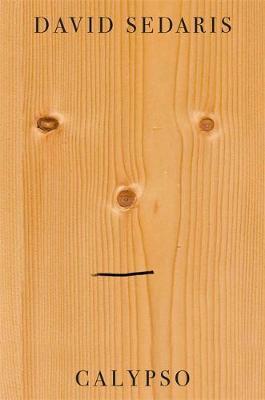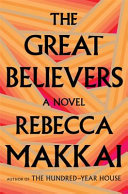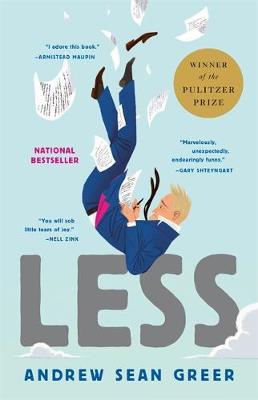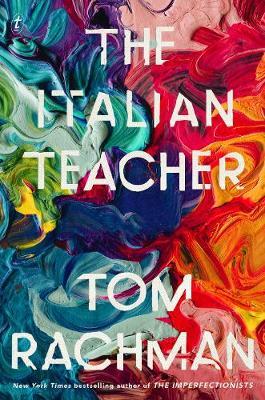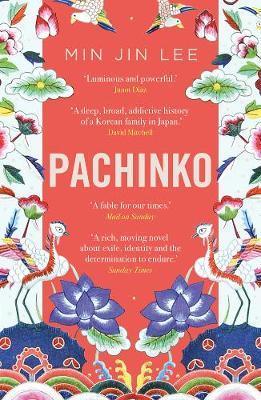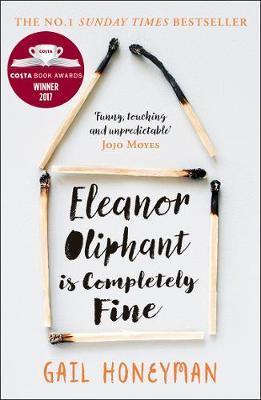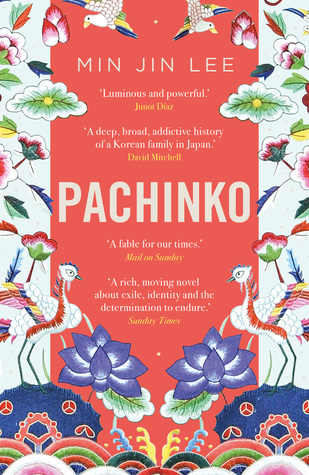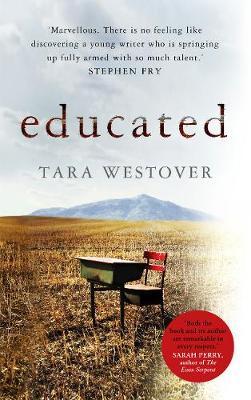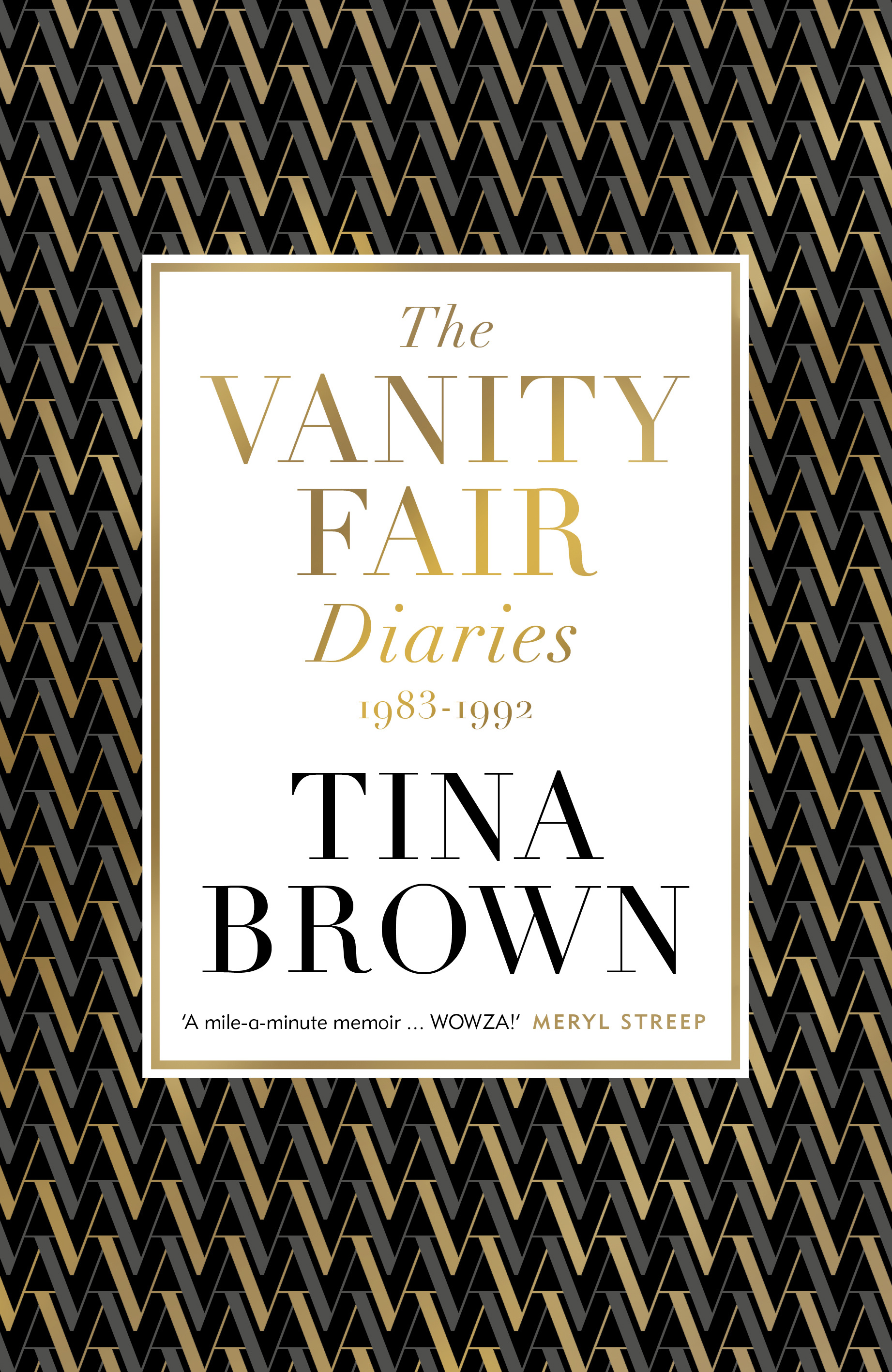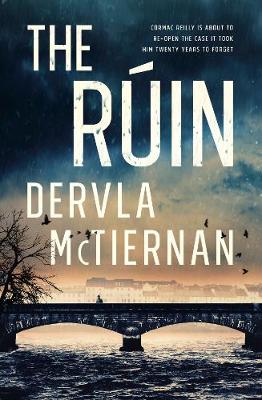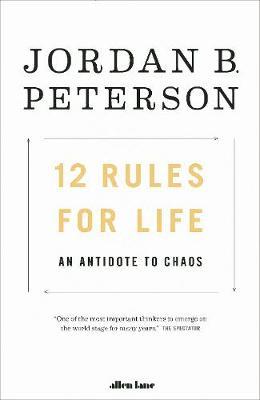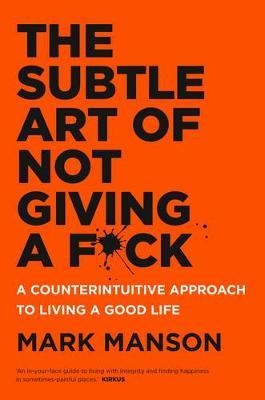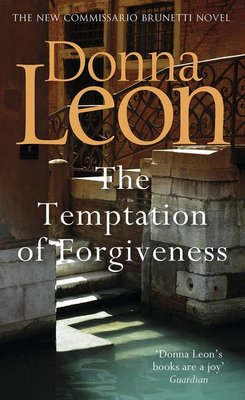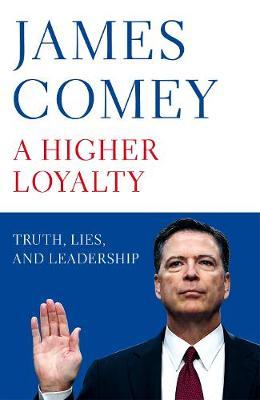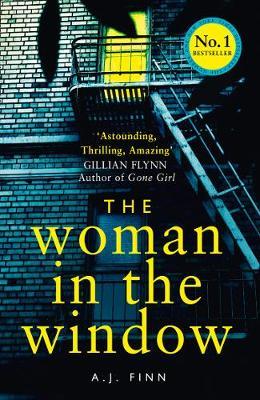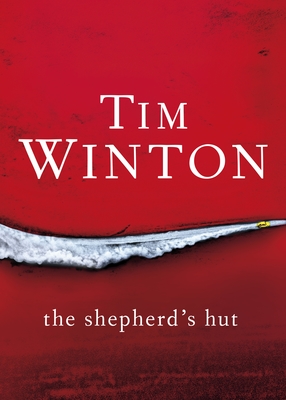Review: Clock Dance by Anne Tyler
A hugely satisfying evocation about the complexities of family life, Clock Dance is wise, humane and always insightful says our bookseller Simon McDonald.
One of the things I love most about Anne Tyler’s fiction is that she never lets styletriumph over substance; the understated simplicity of her writing is artistry of the highest order. Her prose is assured, warm and graceful; never ostentatious. You sinkinto an Anne Tyler novel; it envelopes you, and you don’t realise how deep you’ve dived into her world, how invested you are in her characters, until something snaps you back to cold, hard reality, and you realise from the placement of your bookmark that you’re nearing the end of your time with this incredible storyteller. Clock Dance is a novel to savour; equally enjoyed in the moment, and upon reflection.
Willa Drake is inherently placatory. The defining moments of her life — when she was eleven and her mother disappeared; being proposed to at twenty-one; and the accident that made her a widow at forty-one — weren’t instigated by her, but by others. At 61, when Clock Dance launches into its core, we understand Willa has not necessarily lived an unhappy life, just a bittersweet one; a life tinged with occasional regrets. When she receives a phone call telling her that her son Sean’s ex-girlfriend has been shot and needs her help, Willa drops everything and flies across the country, despite her second husband Peter’s dismay. It’s this decision — made entirely herself, uncoloured by the opinions of outsiders — that forces Willa to scrutinise her life, and the people in it, and contemplate change.
Clock Dance is an intimate and tender tale of marriage, family and home. Achingly observant and endearing funny, Anne Tyler brilliantly explores a woman’s steps towards reshaping her own destiny and choosing her own path. The book brims with insights that sum up entire relationships. I haven’t been so moved and in love with a book and its characters for a very long time.
Review: Firefly by Henry Porter
Eight years after writing The Dying Light, Henry Porter returns with a fast-moving, intelligent thriller that proves his writing and the appeal of his characters are as fresh as ever. Simon McDonald reviews Firefly.
Henry Porter deserves to be revered among the greats of spy fiction. Readers of Charles Cumming, Mick Herron and, yes, even the grandmaster himself, John le Carré, will bask in Porter’s backlist — the Robert Harland series in particular — and his latest, Firefly, will surely be remembered as one of 2018’s great espionage novels.
Firefly introduces Luc Samson, a former MI6 agent, now private eye and missing persons expert. Fluent in Arabic thanks to his Lebanese heritage, Samson was booted from the Secret Intelligence Service because of his gambling habit, which he assures himself — and others — is calculated and measured, despite the size of the bets. But he’s the best man for the operation MI6 has planned, and so Samson is brought back in from the cold, tasked with locating a thirteen-year-old refugee, codenamed Firefly, who has made his way from Syria to Greece, and soon the mountains of Macedonia. He possesses vital intelligence relating to an ISIS terror cell, and details of their plans; which means they’re hunting young Naji Touma, too.
On a rudimentary level, this is a chase novel: two competing forces hunting down a young boy who, at the age of thirteen, has already witnessed too much death and devastation. The narrative bounces between Samson’s perspective and Naji’s, and deliciously details their near-misses and the boy’s encounters with danger. It’s proper white-knuckle stuff for the most part, and only once threatens to jump the shark, when Naji and a new friend, Ifkar, are confronted by a bear. Thankfully most of the skirmishes are more grounded than this example, and Naji’s desperate, hopeless struggle to survive is what truly makes the book thrum, and gives it heart.
The action bristles and the characters seduce: Firefly is an intricate, layered thriller that delves into the Syrian refugee crisis. Brilliantly set up, tautly executed, and brutally human, Porter’s latest is as engrossing and well-crafted a thriller as you are likely to read this year.
Our Top 10 Bestsellers of May 2018
Review: The Book Ninja by Ali Berg and Michelle Kalus
Heartwarming, empathetic, bookish and often hilarious — Ali Berg and Michelle Kalus's The Book Ninja is a delightful read, says Simon McDonald.
Romantic comedies have brought audiences to cinemas since the golden age of Hollywood, myself among them. I love watching the girl / guy chase the person they’re so bloody obviously destined to be with. I hate it when they’re not together, when things go awry, because of some dumb mistake, or because of that side-character the protagonist thought was the one finally, and the relationship you know is meant to be eternal, ends And I’m there cheering at the end when, inevitably, true love finds its way, and they’re together, presumably destined for a lifetime of happiness. And I pretend that, one day, my life will mirror that of the rom-com, that all the bad Tinder dates and awkward exchanges at bars is just the prelude to a happily ever after. So when I heard the premise of The Book Ninja by Ali Berg and Michelle Kalus — that they had penned, ostensibly, a bookish rom-com — I eagerly awaiting the arrival of a review copy. And when I got my hands on one, it immediately moved to the top of my reading stack.
I inhaled The Book Ninja in a two-hour reading binge on a flight to Hobart last weekend. Whipped through its pages like my life depended on it. Stifled guffaws of laughter, and tears that pricked my eyes. I raced through it. It’s not that Kalus and Berg’s book defies the genre’s stereotypes and ignores its tropes; it’s that it plays to them so brilliantly. This is a book that knows precisely what it wants to be — light, heartfelt, funny, and at a fundamental level, purely entertaining — and these two authors captain their ship perfectly.
Frankie Rose is desperate for love. She’s tried of online dating, and done with it. So inspired by her job at The Little Brunswick Bookshop, she decides to take fate into her own hands and embarks on the ultimate love experiment. By planting her favourite books on trains inscribed with her contact details, she hopes to lure the sophisticated, charming and well-read man of her dreams. There’s just one problem: Sunny, the stranger who has entered her life, and who seems like the perfect catch, if not for his love of the YA genre, and the hole in his heart from his past. Add in a bunch of subplots — a best friend about to give birth, Frankie’s struggles to resurrect her writing career — and there’s plenty here to keep you turning pages.
Littered with bookish references, but never too on the nose, The Book Ninja is a sheer delight from first page to last. It’s bright, funny, heartfelt, and charming — I had a blast with it, and days later, I miss its characters. Can’t ask for much more than that.
Review: Head On by John Scalzi
This long-awaited second book in John Scalzi’s ‘Lock In’ series is a murder mystery set in a robot fighting league. And yes, it’s worth the wait, says our bookseller Simon McDonald
Years back, John Scalzi released the novella Unlocked: An Oral History of Haden’s Syndrome, which detailed– in the oral history format contemporaneously brought into fashion by World War Z — the onset of a flu-like virus that swept the globe, eventually known as Haden’s Syndrome, which is a devastating meningitis-like disease that leaves its victims “locked inside” their body, able to interact with others only virtually or via sophisticated robots known as “threeps.” Then in 2014 came the first book in the series, Lock In, which introduced Rookie FBI agent and Haden survivor Chris Vance (whose gender is never specified in the text, thus ingeniously leading the publisher to release two versions of the audiobook), and their new partner, Leslie Van. Now Vance and Van are back in Head On, which works perfectly as a standalone sci-fi detective-thriller, but adds much to the world Scalzi began building almost half a decade ago.
When promising Hilketa player Duane Chapman inexplicably dies during a game intended to recruit new investors for the sport, and a high-level league official commits suicide soon afterwards, Vance and Van are brought into the investigation. Hilketa is a violent sport — and that’s putting it mildly, by the way — played by Haden-piloted threeps. The objective of the game is to rip the head off a designated threep and carry it to the goal. Yeah; it’s brutal.
Scazli is less concerned with the mystery — it’s fairly obvious at the midway point who the killer is — but untangling the means and motivations of the killer. The author doesn’t shy away from commentating on prejudice against minorities, disability rights, and the way in which government funding can be taken advantage of, but it never dulls the hilarious banter, or grinds the bullet-fast plot. It’s delicate balance, and Scazli nails it.
Head On is an engaging mix of real-world politics and near-future policing. Filled with detail and imagination, paced with action and witty dialogue, Scalzi takes his readers on a white-knuckle ride but never leaves them for dead. This is science fiction at its absolute best.
Our Top 10 Bestsellers of April 2018
Review: The Female Persuasion by Meg Wolitzer
An addictively readable masterwork about inter-generational feminism and three bright, earnest young people trying to make their way in the world. This is a rich, engrossing feast of a novel you will lose yourself in. Simon McDonald reviews The Female Persuasion.
This could be my book of the year.
I know, I know. It’s April, we’re only four months into the year, and I’ve already thrown Naima Coster’s Halsey Street (which needs to be published in Australia, dammit!), Chloe Benjamin’s The Immortalists, and Tayari Jones’ An American Marriage into the ring as contenders for the top honour. So I suppose I should clarify that when I say this is potentially my book of the year, I mean it’s in that upper echelon of books that get highlighted in green in my Excel spreadsheet aptly named 2018 Reading List. A rare honour.
The Female Persuasion is ostensibly about feminism, but is less focused on its political motivations and ideals, instead more concerned with why its two core characters turned to it in the first place. We are introduced to Greer Kadetsky during her first weekend at Ryland College—a mediocre school she’s attending because of a dumb mistake her parents made—when she is groped at a frat party, and finds the College’s response inadequate, to put it mildly. Soon afterwards at a college rally, she meets Faith Frank, a second-wave feminist icon, and despite her ever-present nerves at speaking out, finds her voice and recounts her assault to the crowd. Faith, impressed by Greer’s articulation, hands over a business card. It’s a defining moment. Years later after graduation, Greer gets a job working for Faith’s foundation, Loci, which sponsors conferences about women’s issues, and forms a special bond with its founder. Although cognisant Faith’s approach to feminism isn’t exactly cutting-edge, Greer nonetheless latches on to her opportunity to enter the conversation and make her presence known.
The Female Persuasion charts ten years in the life of Greer and Faith’s relationship, and those closest to them. In fact, it’s these “side characters” — Greer’s boyfriend, Cory, and her best friend, Zee — who provide some of the novel’s most poignant and affecting moments. Wolitzer vividly evokes their similar, yet disparate lives, presenting them as deeply interesting young people who leave college with a desire to make a difference, but whose paths divert along their way to adulthood, Cory in particular a victim of a horrible happenstance. Greer, Faith, Cory and Zee — these are all characters easy to fall in love with — and how their lives intertwine makes for brilliant, compelling reading. Their emotional depth is astounding; Wolitzer left me wishing she’d extend her narrative to reveal the next decade of their lives, too.
Meg Wolitzer’s latest novel captures the tumultuous and aspirational days of youth, detailing the inevitable compromises and treacheries that take inevitably occur — the small brutalities we inflict on each other, sometimes consciously, other times not — and the lessons learned from them. The story of this young trio trying to find themselves in the midst of so many conflicting influences and personal crises swallowed me whole.


